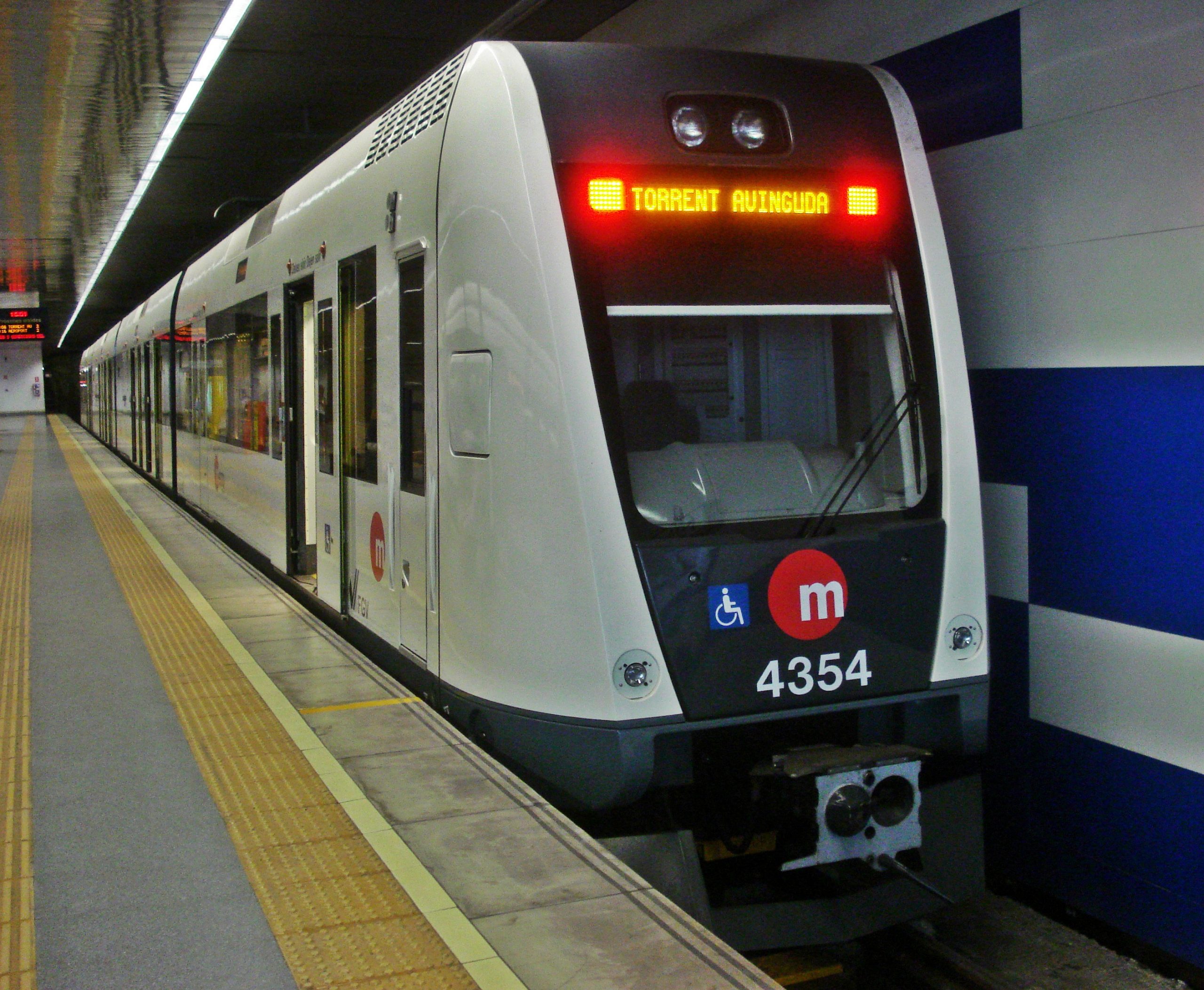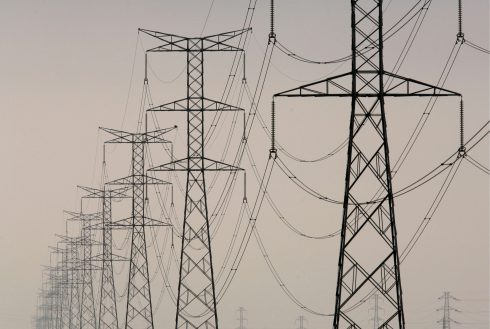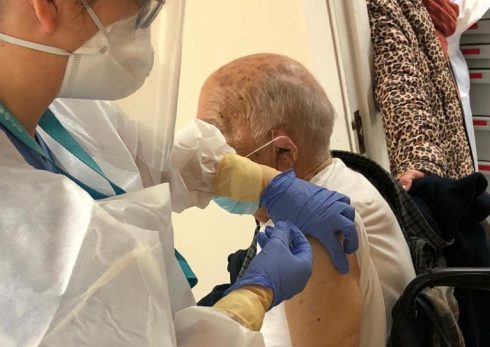PUBLIC transport in large cities has been a bone of contention since the beginning of the anti-COVID restrictions – how can one keep social distancing when packed into a train or bus with dozens of other people at peak time?
Despite constant assurances that municipal trains and buses are safe if everyone wears a mask and refrains from talking, this week the national and independent Consumers and Users’ Organisation (OCU) has published the damning results of a poll among frequent travellers in Valencia city.
More than 1,000 users were questioned on their perception of COVID safety, with 67% of interviewees placing public transport at the top of the list for potential infection risk ahead of bars, restaurants or any other space.
As a result of this general perception, the use of buses, tubes, trams and suburban rail services in Valencia has dropped by 29% since the beginning of the coronavirus outbreak last year.
Metrovalencia receives a mixed report by OCU. On the plus side, the organisation praises the inclusion of hand gel dispensers at stations and inside trains, plus the presence of employees on hand to offer COVID-related information and advice.

However, OCU believes underground managers fail to keep a check on crowd volume, which ‘is usually excessive at peak times’.
The association reveals that commuters ‘complain constantly’ about overcrowding on platforms and in trains, with a mere 17 screens offering information about passenger numbers for a total of 137 underground stations.
With regards to buses, OCU suggests that the only sanitary measures taken by managing body EMT since the start of the pandemic have been to boost daily cleaning, disinfection and ventilation.
However, EMT has failed to provide hand gel dispensers onboard buses and passenger numbers are controlled superficially by drivers themselves, which also leads to overcrowding at the busiest times and prevents social distancing.
In general, the OCU believes it is vital to reinforce anti-COVID safety measures on public transport in Valencia city, placing particular emphasis on increasing the frequency of trains and buses at peak times to reduce crowd numbers.
READ MORE:
Click here to read more Valencia News from The Olive Press.








